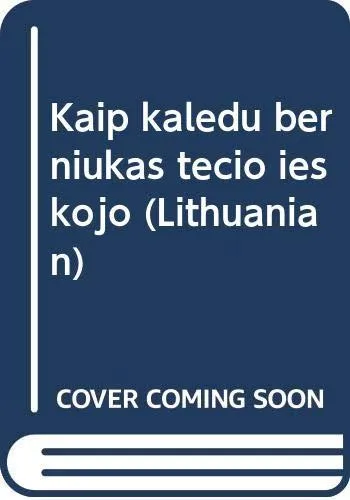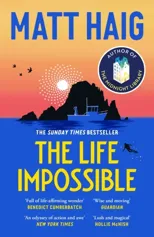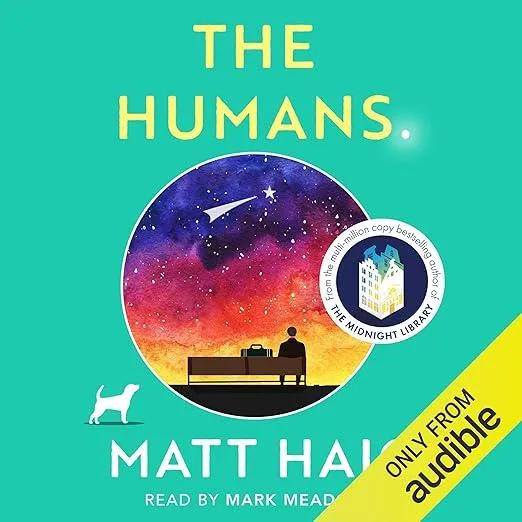The third instalment in the series following A Boy Called Christmas and The Girl Who Saved Christmas When Amelia Wishart is rescued from a life of misery by Father Christmas, she imagines life will be magical and fantastic. But it isn’t always easy growing up as a human in Elfhelm. For one thing, elf school can be annoying when you have to sing Christmas songs every day—even in July—and when you fail all your toy-making tests. Also, it can get very, very cold. Amelia knows her adopted parents—the newly married Father Christmas and Mary Christmas—care for her very much. Father Christmas is even writing a guidebook for her. But she sometimes wonders if there is more to life than eating gingerbread and decorating Christmas trees. When a very jealous Easter Bunny and his Rabbit Army launch an attack to stop Christmas, Amelia starts to realize the value of everything in Elfhelm, and joins with her new family and fellow elves to keep Christmas alive.
Matt Haig
Matt Haig is a British author known for his novels, non-fiction books, and children's literature. His works often explore themes of mental health, identity, and the human experience. Haig's most notable works include "The Humans," a humorous and heartfelt novel about an alien experiencing life on Earth, and "Reasons to Stay Alive," a memoir detailing his struggles with depression and anxiety. Haig's writing style is characterized by its honesty, empathy, and wit, making his works accessible and relatable to readers of all ages. He has made significant contributions to literature by shedding light on mental health issues and promoting conversations around mental well-being. Haig's impact on the literary genre can be seen through his ability to connect with readers on a personal level and offer insights into the complexities of the human mind. His most famous work, "The Midnight Library," has received critical acclaim and has been praised for its poignant exploration of regret, second chances, and the power of choice.





